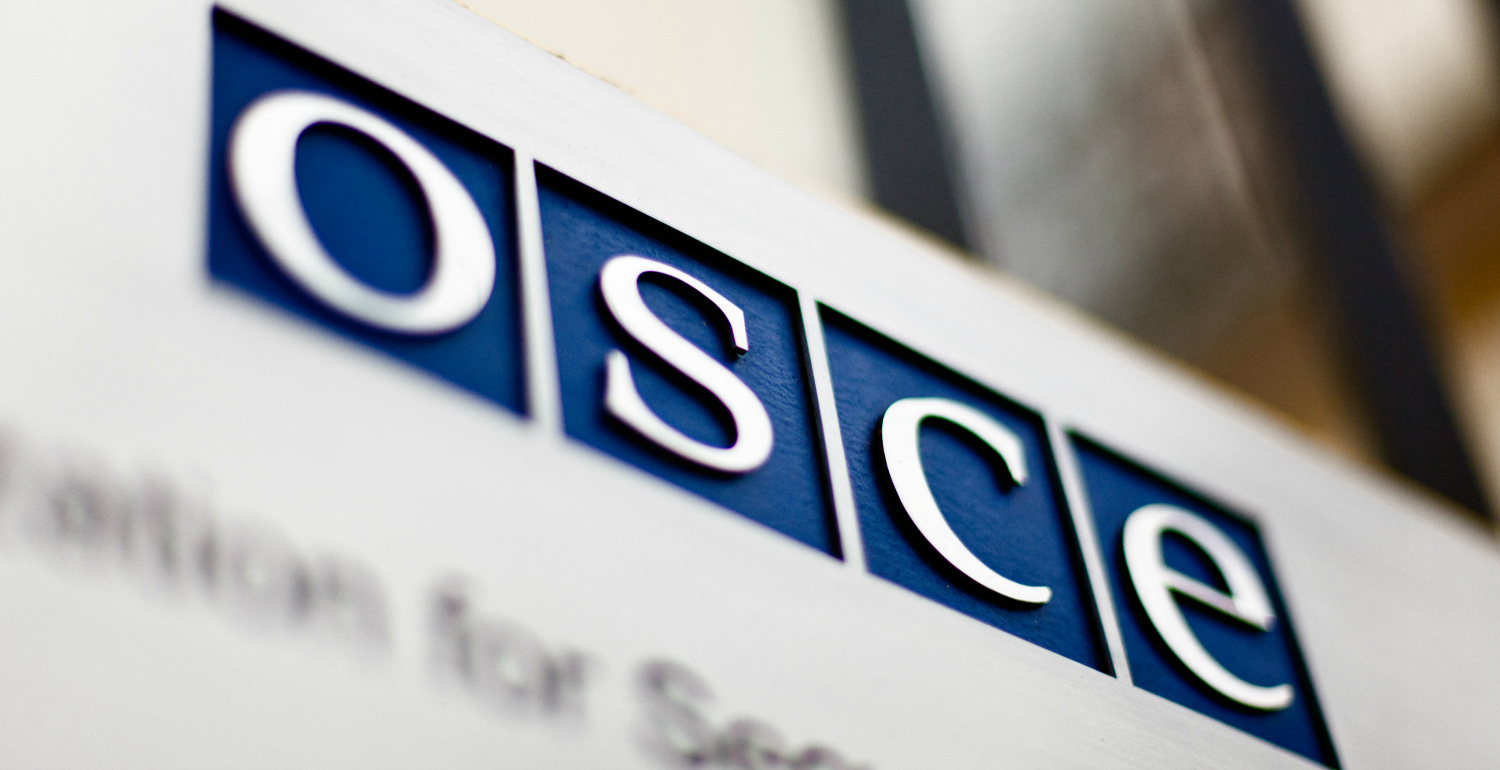OSCE Conference on Anti-Semitism The Role of Government in Combating anti-Semitism in the Media
As prepared for delivery
As a Vice President of the OSCE Parliamentary Assembly, I know firsthand that the OSCE plays a unique leadership role in promoting tolerance and respect towards Jews, as it was the first international organization to publicly condemn anti-Semitism. This year’s Conference further reflects the OSCE’s commitment to confronting and combating the seemingly never-ending cycle of hate, violence, and ignorance toward Jews throughout the world.
The same ignorance that is passed along from generation to generation in families is running rampant in everyday media today. Whether appearing in a government owned or regulated market, or privately funded media, anti-Semitic comments, cartoons, and articles continue to flourish despite mainstream society’s rejection of anti-Semitism.
In embarking on the critical task of curbing anti-Semitism, we must establish realistic and specific goals with real timetables and tools of measurement. Most importantly, we must also be frank with ourselves.
Jews and other minorities in Europe and in the Middle East are facing multiple threats coming from various flanks. Old attitudes toward Jews last seen during the Holocaust-era are meshing with a much broader coalition of hate made up of a new breed of persons.
Realistically, a solution to the Israeli-Palestinian conflict is not on the immediate horizon. Likewise, there are no current plans for the U.S. and allied forces to disengage from Iraq, and pressure will rightly continue to mount on Middle Eastern countries such as Syria, Iran, and Saudi Arabia, to crack down on terrorism and radicalism within their own borders.
If we are to accept that these international predicaments serve as systemic catalysts to increased anti-Semitism, then our solutions should be critical of those governments and societies which allow such hate mongers to manifest themselves through the media and mainstream society.
Governments can legislate all they want. We can meet as much as we want. But until it becomes unfashionable in mainstream and specific societies to preach anti-Semitism and other forms of prejudicial discrimination, we will find ourselves in a never-ending cycle of intolerance. As citizens of the world we have come to this place to teach and learn. The challenges are obvious and many. And we have a responsibility to meet them all.
I heard here the word “hate” very often. I did not hear the word “love” once.
I am not naive enough to believe that we can combat anti-Semitism with love alone. But, talking about and practicing loving our fellow human beings may help us to understand each other.






